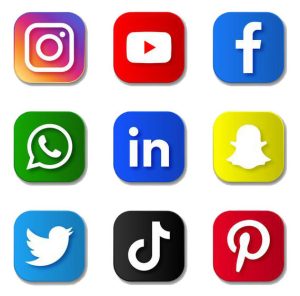The importance of school education in child development
Good oral hygiene habits should be practiced by children as early as possible. This means that they should be brushed at least twice a day, with a soft-bristled baby toothbrush, using a small amount of non-fluoridated toothpaste. In addition, the first birthday of a child should be the time to schedule a visit to a dentist, who will monitor the development of their teeth and ensure that they remain healthy throughout their childhood.
The first step in developing a healthy oral hygiene regimen for children is to have them start brushing with a soft child’s toothbrush at an early age. Around the age of two, you can introduce your child to the joys of brushing their teeth with fluoride toothpaste. This way, they won’t be as shocked when they’re older. You should also give them the opportunity to choose the flavor of their toothpaste, so they don’t swallow it or spit it out. Taking the time to teach your child about proper dental care can make the experience a lot more fun.
Early childhood oral health education is essential to the development of a healthy, bright smile. Children have a greater difficulty brushing their teeth than adults. In addition to regular brushing and flossing, you should make sure to teach your child to floss as well. This will help develop a good dental hygiene routine. Moreover, you can use simple techniques to get your child to brush his or her teeth. A good toothbrush that has a fluoride-based formula will be more effective.
The first tooth will erupt by age three. By six months, your child will have one or two permanent teeth. They will have all of their permanent teeth by the age of 13 and can also have their first adult set. By the time your child reaches his or her third birthday, you can begin teaching them to brush their teeth. If you’re not sure how to do this, a pediatric dentist can provide assistance and help.
While teaching children to brush their teeth, it is important to make sure they know how to floss and brush regularly. This is especially true of their teeth at an early age. By using appropriate brushes, they can also brush their gums. By the time they reach age three, it’s important to have them develop the habit of proper dental hygiene. If your child isn’t familiar with these procedures, it’s best to contact a pediatric dentist. https://www.divephotoguide.com/user/babynamesdiary
As the first tooth emerges, it’s important to continue cleaning your baby’s gums with a soft-bristled toothbrush. After two years, switch to a soft-bristled toothbrush without toothpaste, and keep brushing your baby’s teeth with the right kind of toothpaste. At the age of three, you should try to wean your child from the bottle gradually. You should also start weaning your child from a bottle slowly when he or she is at two years old.
While the techniques used to teach children to brush their teeth differ with each age, it’s important to remember that their teeth are still developing. As long as they’re under the age of eight, you should supervise them when they’re brushing their own teeth. If they’re still too young to handle a toothbrush, let them hold it and help themselves. Then, they should floss any of their teeth that touch each other. Finally, they should always rinse their mouths after meals to eliminate leftover food. https://support.advancedcustomfields.com/forums/users/babynamesdiary/
Children are able to brush their teeth with the help of a child’s toothbrush and toothpaste. They should also use fluoridated toothpaste. The older they get, the more important it is to continue this good routine. For children with permanent molars, you should continue the good oral hygiene for them. It’s also important to visit the dentist every six months to check the health of their teeth. At this point, they can be more independent in their own hygiene practices.


